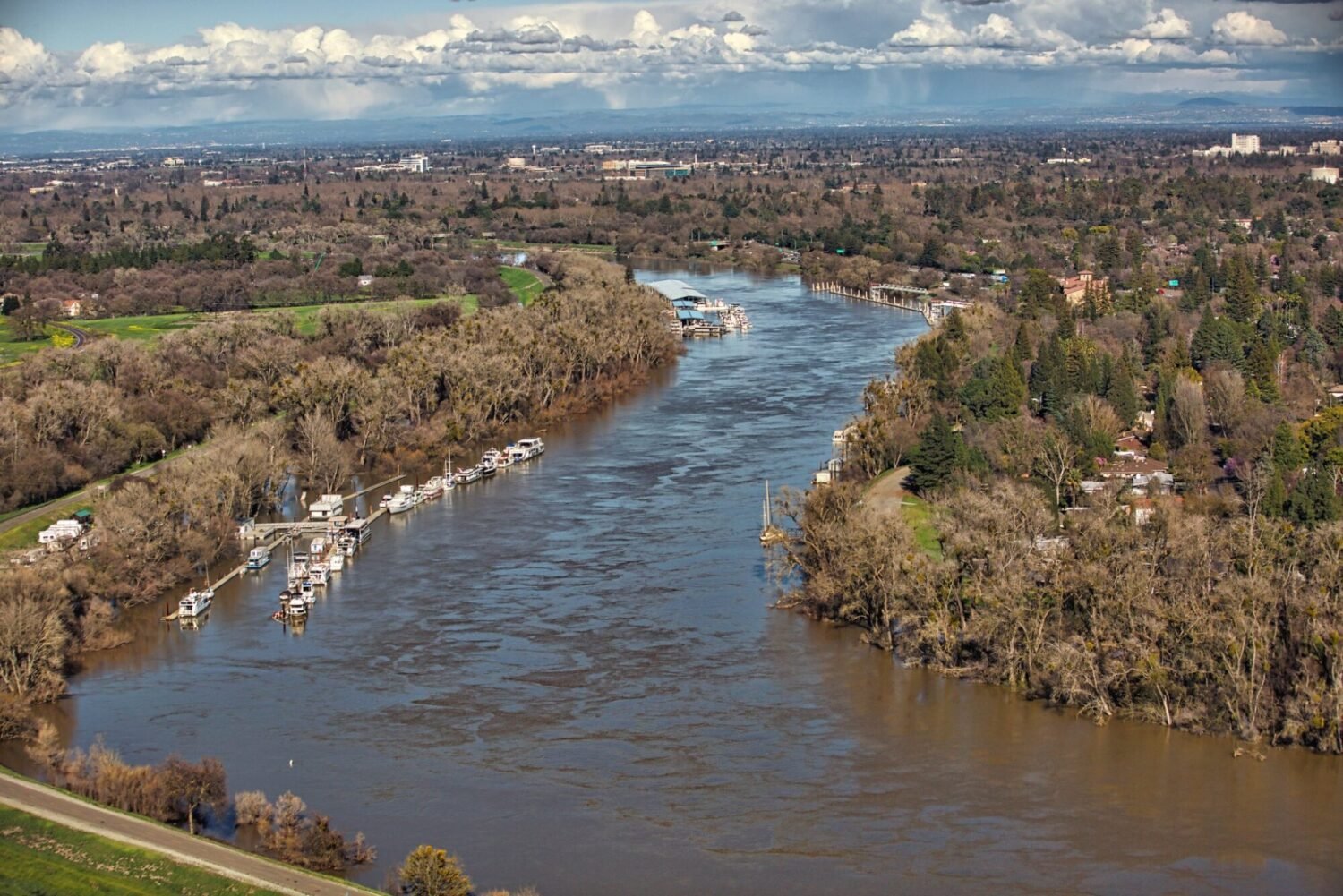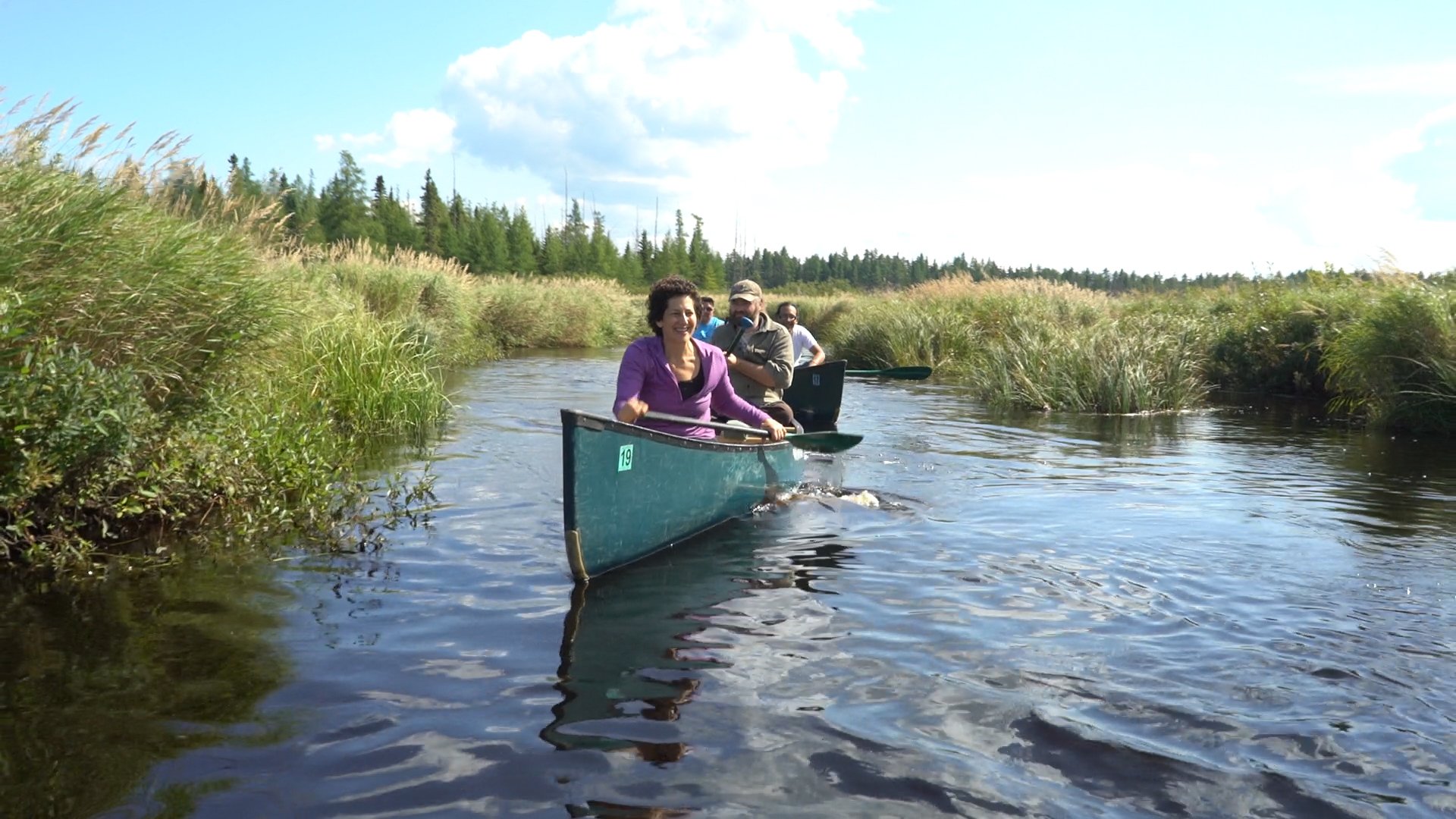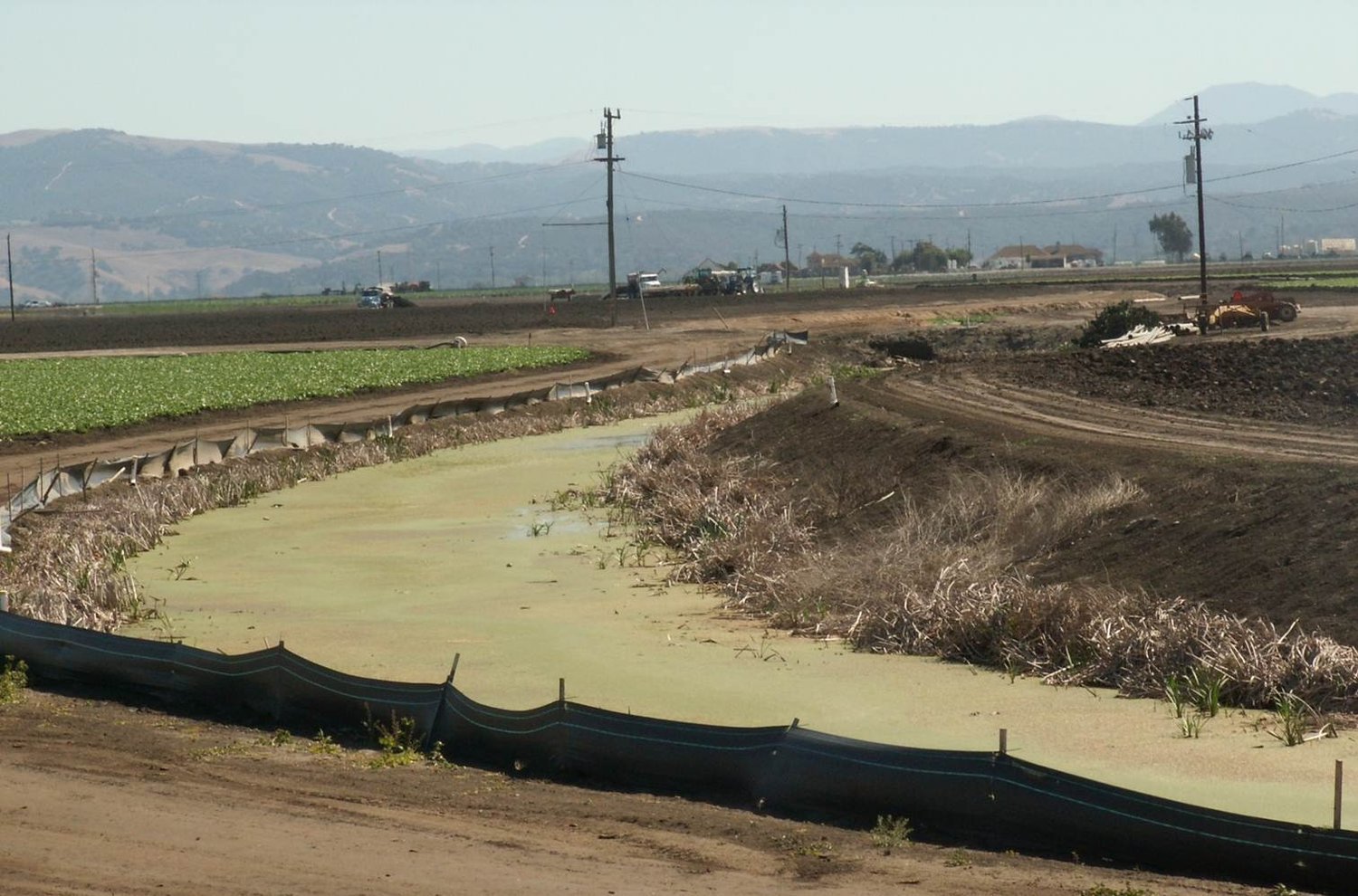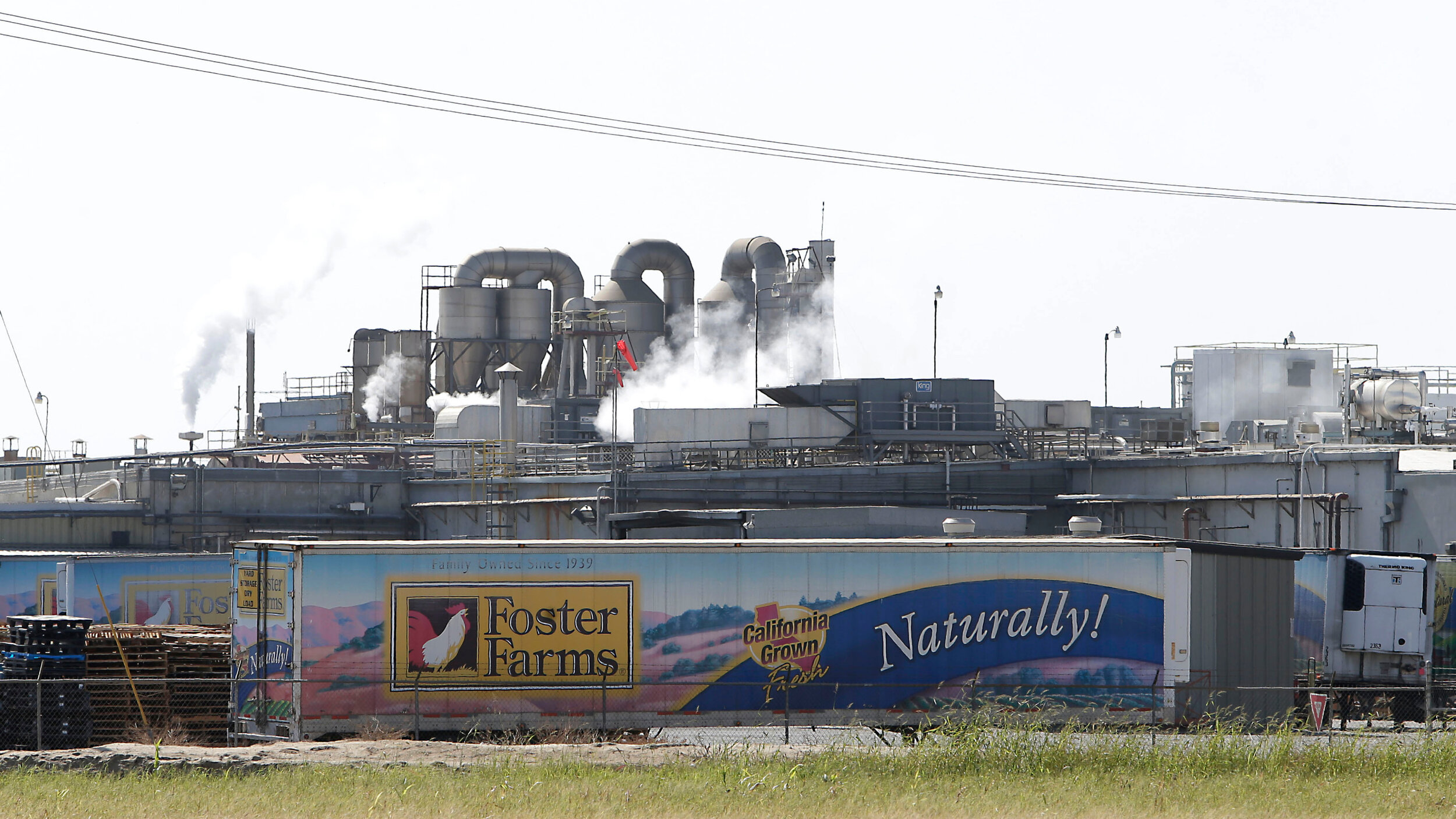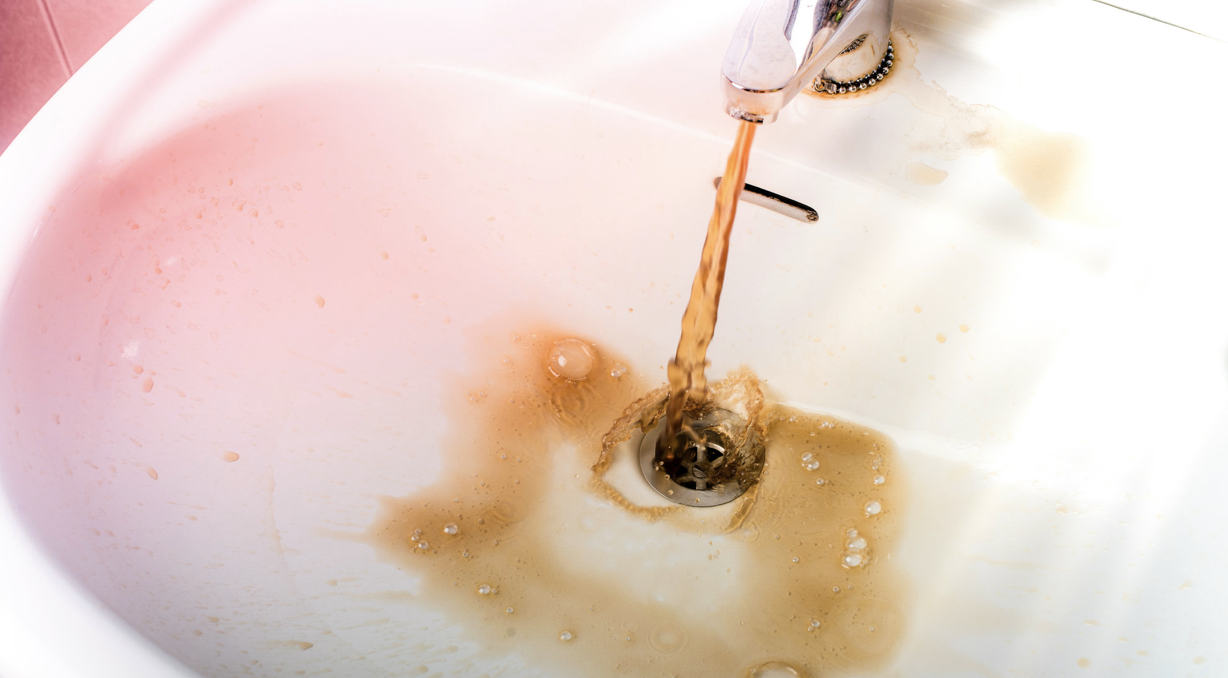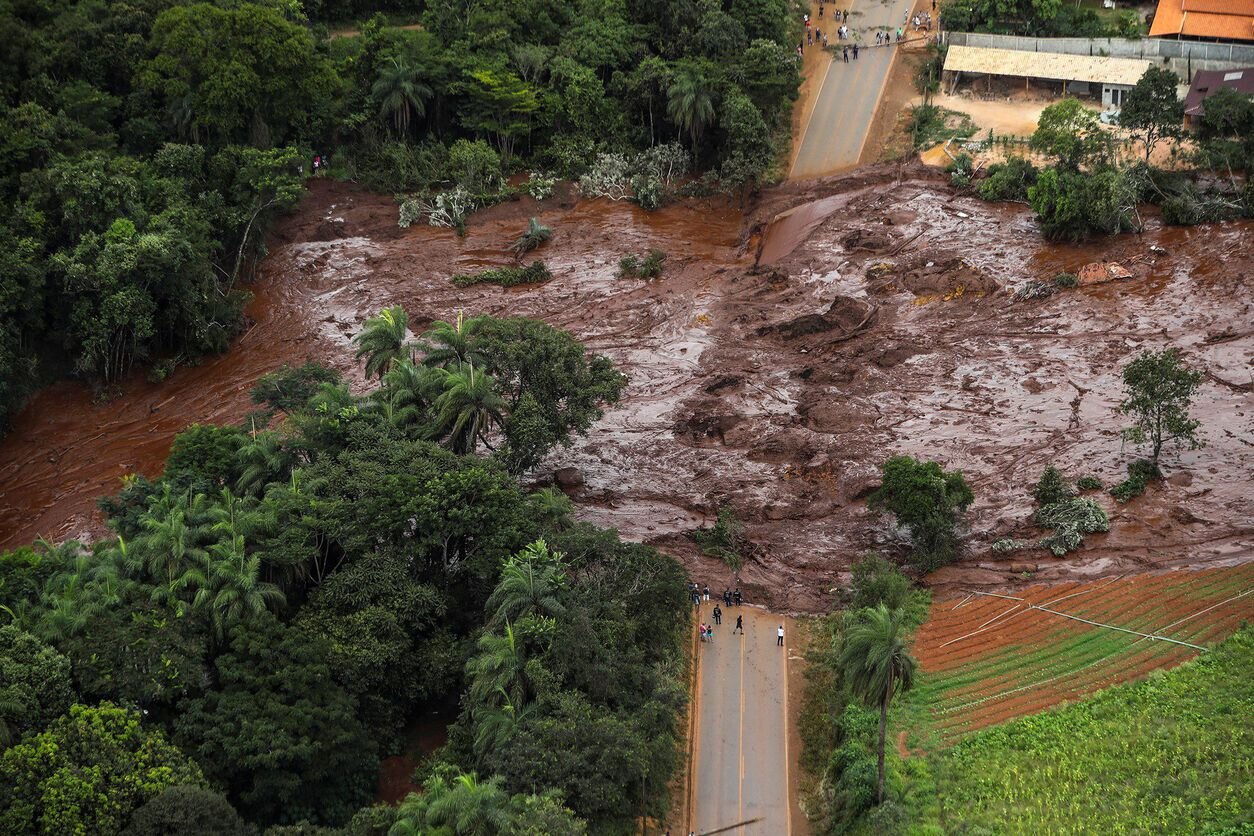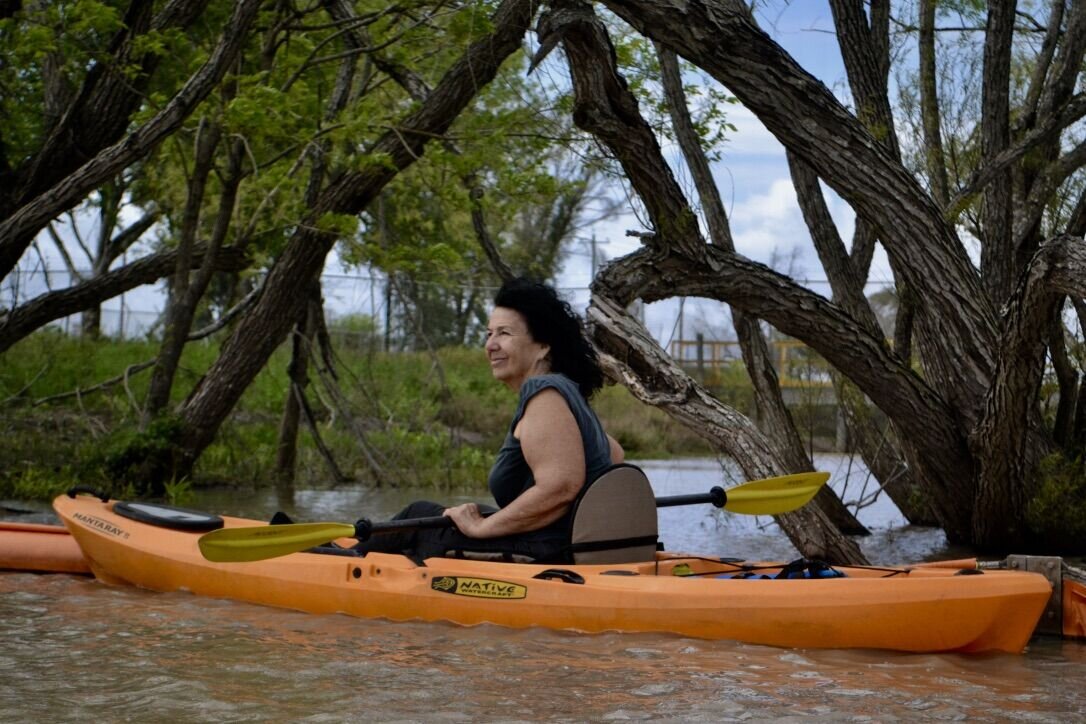Advocates for Clean Water Fight For Environmental Justice as Pollution from California BigAg Creates Looming Central Valley "Flint" Crisis
Sean Bothwell, Executive Director, California Coastkeeper Alliance
California’s current agricultural regulations are giving growers a pass on pollution, and Central Valley residents—and wildlife—are paying the price.
It is the responsibility of the California Water Boards to protect Californians and their watersheds from polluters, but hundreds of thousands of Central Valley residents currently lack access to safe drinking water. Notably, the burdens of unsafe water disproportionately fall on low-income communities while impairing functioning ecosystems.
Discharges from irrigated agriculture are the largest source of pollution in California’s Central Valley. Water diversions for irrigated agriculture pose significant environmental challenges by diminishing instream flows and depleting aquifers throughout the state. Agricultural operations also pose a significant threat to water quality when nitrates, pesticides, sediment, pathogens, heavy metals, and salts run off fields into surface and groundwater. Farming right up to the riverbank by intensive farming operations has also led to the destruction of natural riparian zones through increased erosion, nutrient and sediment pollution, higher water temperatures, and degraded aquatic habitats.
Discharges from irrigated agriculture are the largest source of pollution in California’s Central Valley.
The vast majority of San Joaquin Valley community water systems rely on groundwater as a drinking water source. Groundwater that residents depend on is heavily polluted by agricultural discharges. According to the State Water Board’s own report, 300,000 residents of Stanislaus and Merced Counties rely upon contaminated groundwater. Up to 100,000 people in these two counties rely upon domestic wells. The 2008 Existing Conditions Report states that nitrate concentrations in groundwater in the eastern San Joaquin Valley exceeded primary drinking water standards in approximately 25 percent of domestic water supply wells, secondary drinking water standards were exceeded in 79 percent of domestic water supply wells, and 23 different pesticides were detected in 41 of 60 (68 percent) of the groundwater samples collected.
Groundwater that residents depend on is heavily polluted by agricultural discharges.
On February 7th, 2018, the State Water Board adopted a water quality permit (commonly referred to as the ‘ESJ Order’) that leaves Californians and the environment vulnerable to ongoing agricultural pollution within the Eastern San Joaquin (ESJ) River watershed. Rather than addressing persistent problems with pesticide and fertilizer runoff that threaten human and ecosystem health, the State Water Board instead modeled its new permit on past rules that have left the majority of the Central Valley’s streams unsafe for drinking, fishing or swimming. The new permit retains unenforceable targets and insufficient surface water monitoring, rather than holding growers accountable. The Order was immediately challenged by the environmental, environmental justice, and fishing communities.
To date, Water Boards have been unwilling to require individual growers to take accountability by demonstrating individual compliance. The ESJ Order was originally intended as a statewide precedent-setting policy in order to cure California’s lackluster attempt at regulating agricultural activities.
It failed. The statewide Order does not create a framework to rectify disproportionate pollution impacts to disadvantaged communities and communities of color. The Central Valley Regional Board will be unable to identify which agricultural management practices are working effectively to meet water quality standards because the ESJ Order lacks the monitoring and reporting necessary to ensure compliance. The lack of feedback verification to ensure compliance with water quality standards is a systematic management failure by Regional Water Boards throughout the state – and the ESJ Order only continues that trend.
Nitrate concentrations in groundwater in the eastern San Joaquin Valley exceeded primary drinking water standards.
We have challenged the ESJ Order with several other organizations and seek a writ of mandate declaring that the Order is unlawful and directing the Central Valley Regional Board bring the Order into compliance with the law. The case includes claims that the Water Boards violated the California Constitution by not protecting public trust resources, violated California’s Non-Point Source and Antidegradation Policies, and Water Code section 106.7 by not protecting the Human Right to Water. At a high-level, the ESJ Order sets unenforceable targets, retains deficient surface water monitoring, and hides the performance of growers from the Regional Boards and the public.
Agricultural operations also pose a significant threat to water quality when nitrates, pesticides, sediment, pathogens, heavy metals, and salts run off fields into surface and groundwater.
Our strategy is to build off recent precedent-setting court decisions that held that the Water Board violated the Anti-Degradation (Agua decision) and Non-Point Source (Coastkeeper decision) policies by adopting Agricultural and Dairy orders without enforceable targets. It is time the State Water Board begin resolving the persistent problems we see throughout California’s agricultural management by relying less on iterative management practices and representative monitoring and start requiring accountability for individual growers. Our lawsuit is intended to remedy the problems within the Eastern San Joaquin watershed, while also establishing a new precedential Agricultural Order that can help address problems across the state.
As water quality undisputedly worsens from agricultural activities, time is running out: millions of Californians will be without drinkable water unless the responsible state agencies begin to do their job now.








